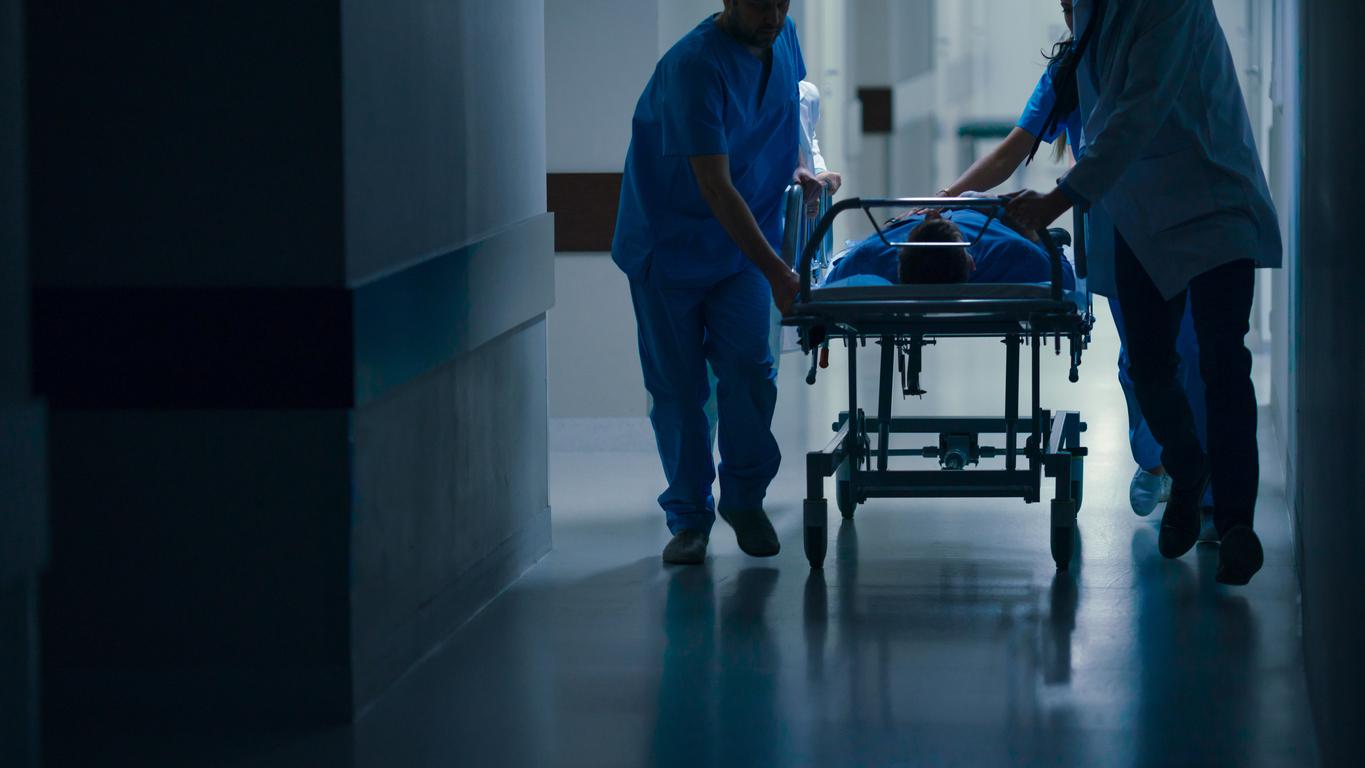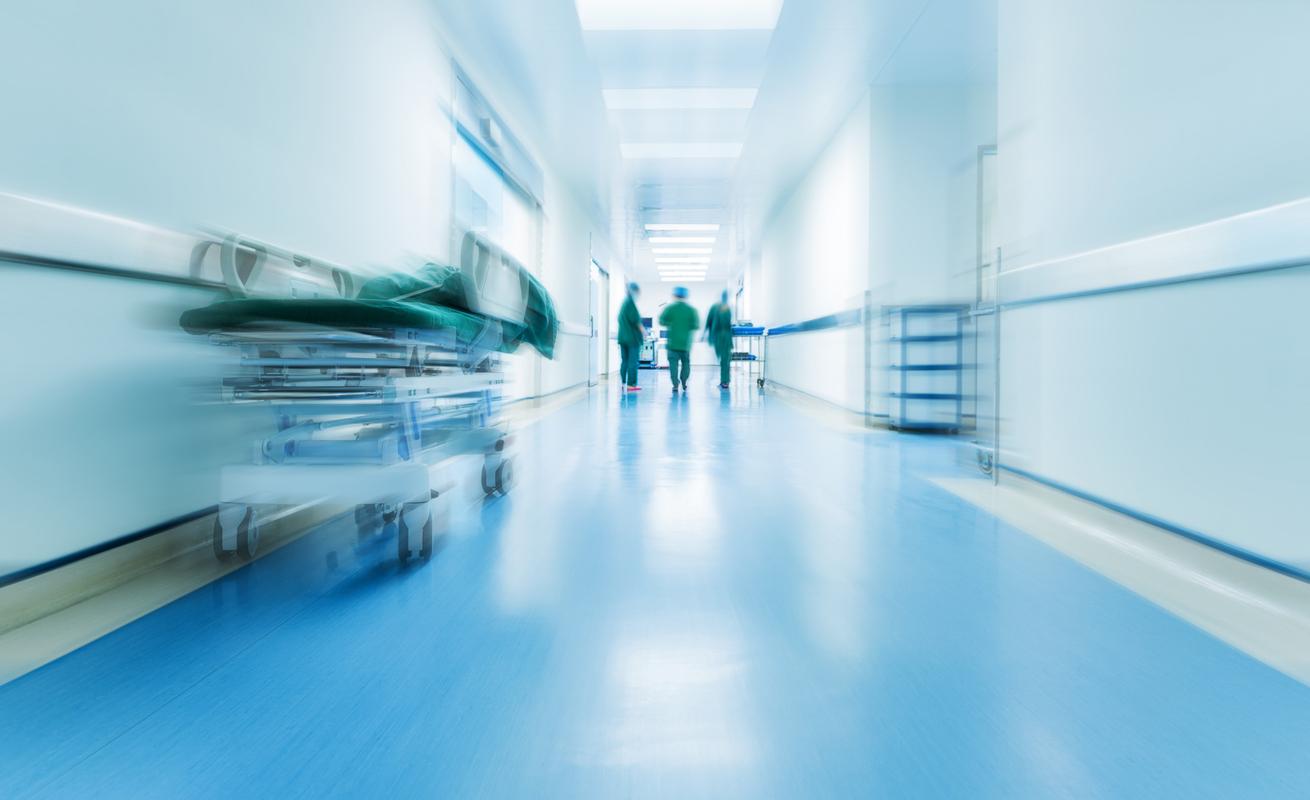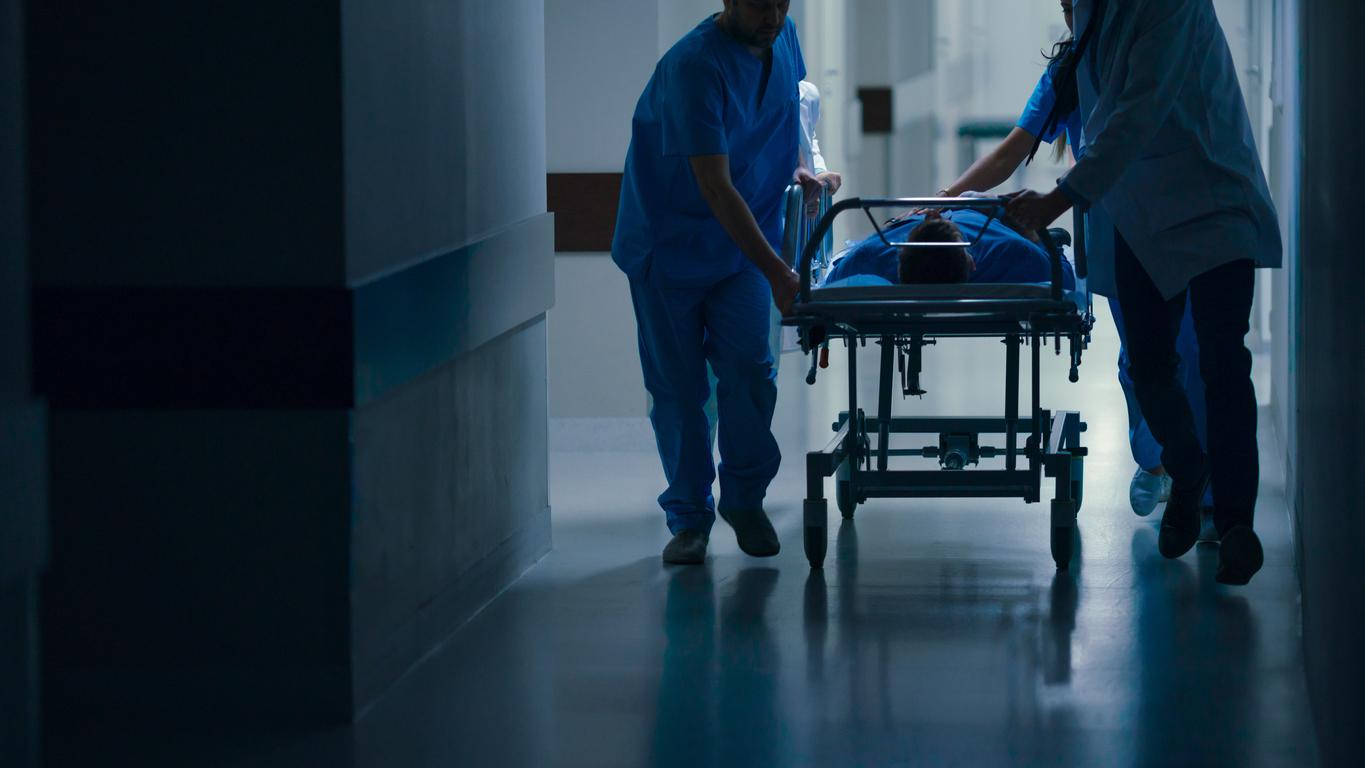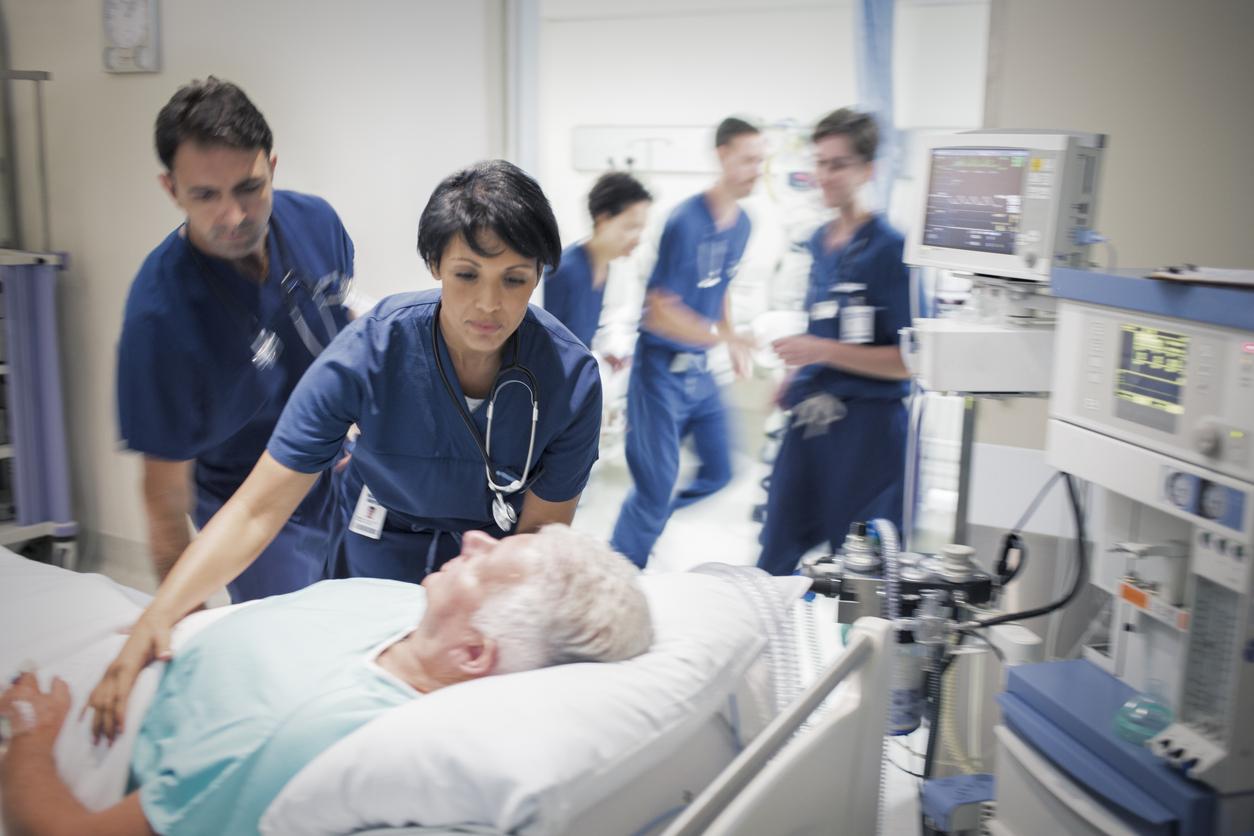Six months after the arrival of the coronavirus pandemic, the care of hospitalized patients has improved and become more efficient. Good news as the current trend is towards an epidemic rebound and hospitals are starting to fill up, as in the Bouches-du-Rhône where there are only 3 Covid-19 resuscitation beds left available.

- Oxygen therapy has replaced artificial ventilation, a heavier method of putting patients to sleep and intubating them.
- For severe cases, doctors widely use cortisone, recommended by the WHO, which replaced other treatments such as hydroxychloroquine which proved ineffective.
- The hospital service has prepared and is offering more beds in intensive care and sufficient stocks of masks, medicines, gloves, respirators have been made up.
“In the next 15 days, there will be an increase in the number of serious cases of hospitalization”, predicted Olivier Véran to BFM-TV Saturday, September 5. A trend that can already be seen in the Bouches-du-Rhône where of the 70 intensive care beds dedicated to patients affected by the coronavirus, 67 are currently occupied, mainly in Marseille. “Out of 300 intensive care beds in the Bouches-du-Rhône, more than 60 patients have Covid-19. Their number doubled in a week”, reveals Professor Laurent Papazian, head of intensive care at the Nord hospital in Marseille, to BFM-TV. The good news for these patients is that care has greatly improved since the arrival of the virus six months ago.
Oxygen therapy has replaced artificial ventilation
Without revolutionary treatment, the way of caring for patients with Covid-19 has greatly improved since the first cases appeared. “The risk of being transferred to intensive care was halved between the start of the wave in March and its end in mid-Aprilensures the Pr Yazdan Yazdanpanah, head of the infectious diseases department at Bichat Hospital and member of the Scientific Council, which is based on unpublished modeling data, at the Figaro. The prognosis of patients has generally improved, and mortality has decreased thanks to better management.”
Among the elements for improving care, the use of high-flow oxygen therapy to treat acute respiratory distress appears essential. Through a tube connected to the patient’s nostrils, the doctors send him “60 liters of pure oxygen in the lungs, if the patient’s oxygen debt is such that he needs itdescribed at France info Jean-Damien Ricard, professor in medico-surgical resuscitation at the Louis Murier hospital in Colombes. And we get to eat, drink and talk.“This method has replaced the use of artificial ventilation, widely practiced at the start of the epidemic, which consisted of putting patients to sleep and intubating them on an artificial respirator. The method of oxygen therapy is lighter and more effective since it has reduced mortality.
Hospital services ready to react
As for drugs, research has since advanced and doctors know better what to focus on. Beyond the debate which led to the exclusion of the use of hydroxychloroquine, it is now corticosteroids which are used to treat the most seriously affected patients. Several studies, including a recent one published on September 2 in the very serious JAMA, have shown its effectiveness in reducing mortality. “Clinical studies have now made it possible to establish with great certainty that corticosteroid therapy considerably improves the chances of survival for people with Covid-19.continues Professor Djillali Annane, who works at the Raymond Poincaré hospital in Garches, at Franceinfo. There is a 20% reduction in the risk of death, so it’s spectacular. We use it absolutely daily..” These treatments are also recommended by the WHO to treat patients with a severe form of infection.
In addition to this evolution of methods and treatments, the occurrence of a new epidemic rebound has been anticipated. “Our hospital system is ready for a new wave of patients”, affirmed Jean Castex on August 27 during a press conference on the health situation in the country. There are 12,000 intensive care beds dedicated to patients infected with Covid-19, i.e. “twice more” than the maximum number of patients last April. Drug stocks are also replenished in order to be “able to provide it to 29,000 patients”, continued the Prime Minister. Finally, provisions for medical equipment have also been constituted. “We have anticipated and secured our response capacities, whether in terms of stocks of masks, gloves, medicines, respirators”said Olivier Véran during the same press conference.

.















